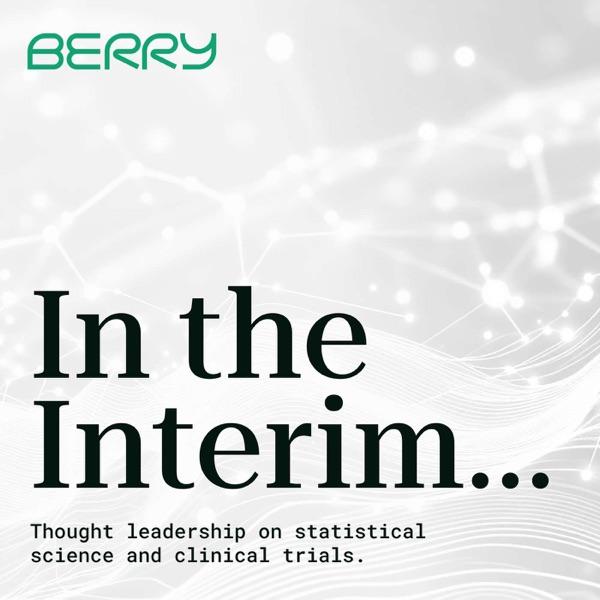

In this episode of "In the Interim…", Dr. Scott Berry examines the mathematical foundations and efficiency claims of the promising zone design for adaptive sample size in clinical trials. Scott unpacks the conditional power thresholds that trigger sample size increases without the need to adjust alpha, as originally presented by Mehta & Pocock. He systematically demonstrates, via simulation, that the promising zone rarely provides meaningful efficiency gains over fixed designs and is consistently outperformed by group sequential designs that allocate alpha across multiple analyses. Using a driving-route analogy, Scott highlights the practical flaw in making pivotal trial decisions earlier than necessary due to arbitrary statistical rules rather than observing current data. He underlines that at Berry; simulation efforts have yet to reveal a scenario where the promising zone design is more efficient than a thoughtfully constructed group sequential or Goldilocks trial. The episode urges trialists to simulate, compare, and optimize—not to accept appealing mathematical tricks without rigorous evaluation.
Key Highlights
For more, visit: https://www.berryconsultants.com/